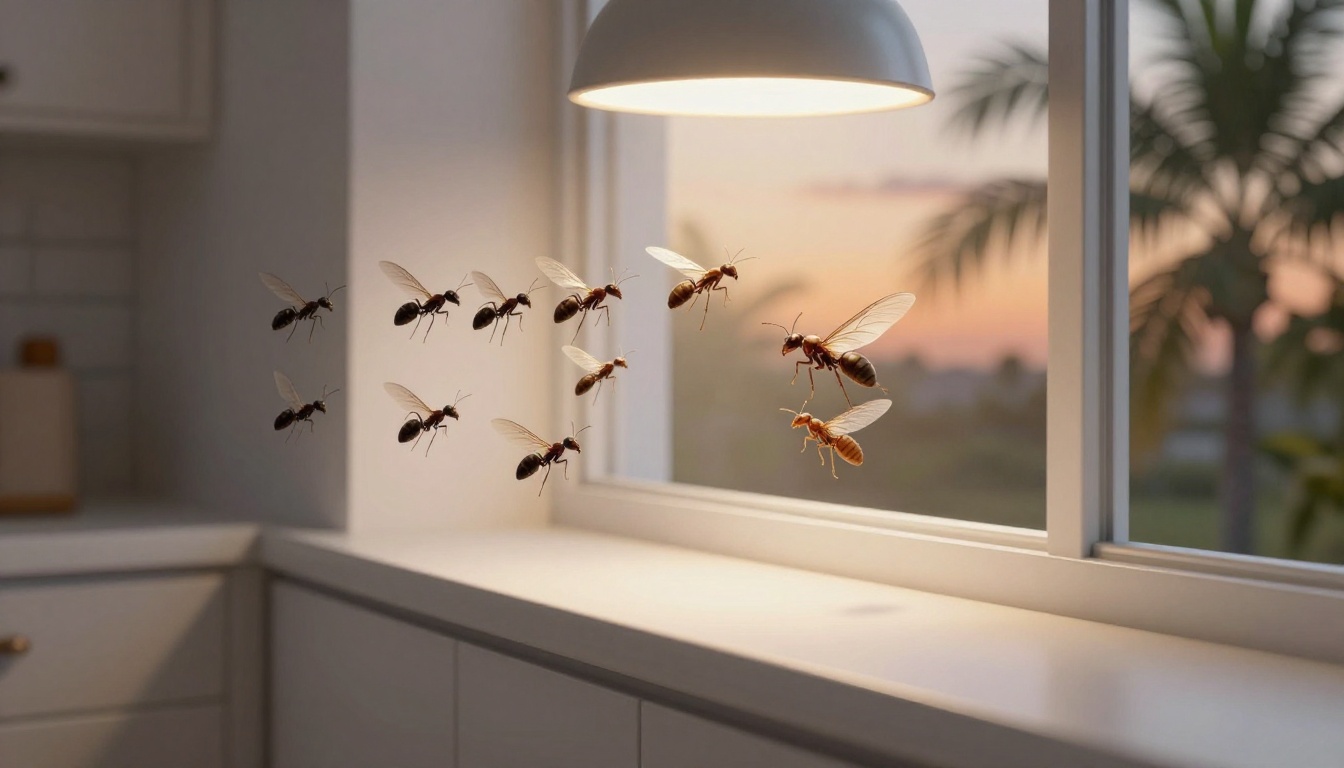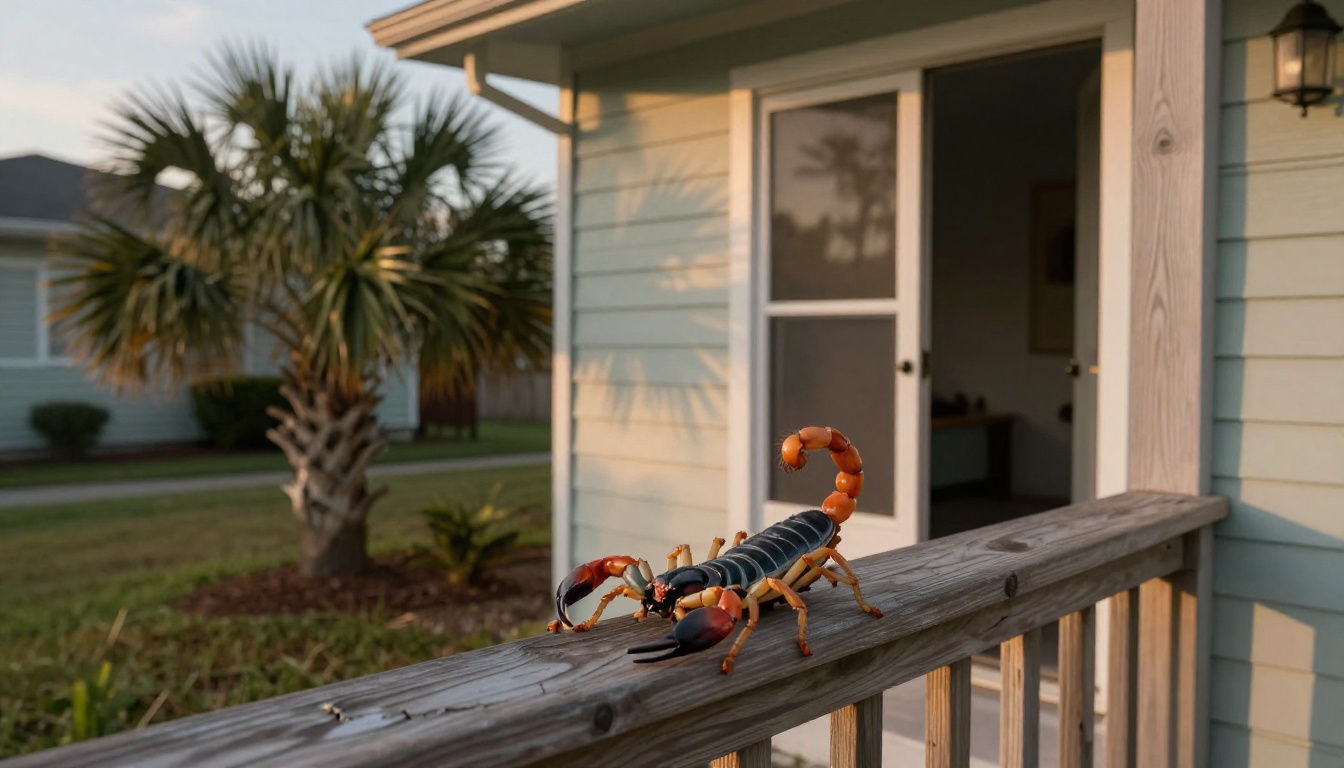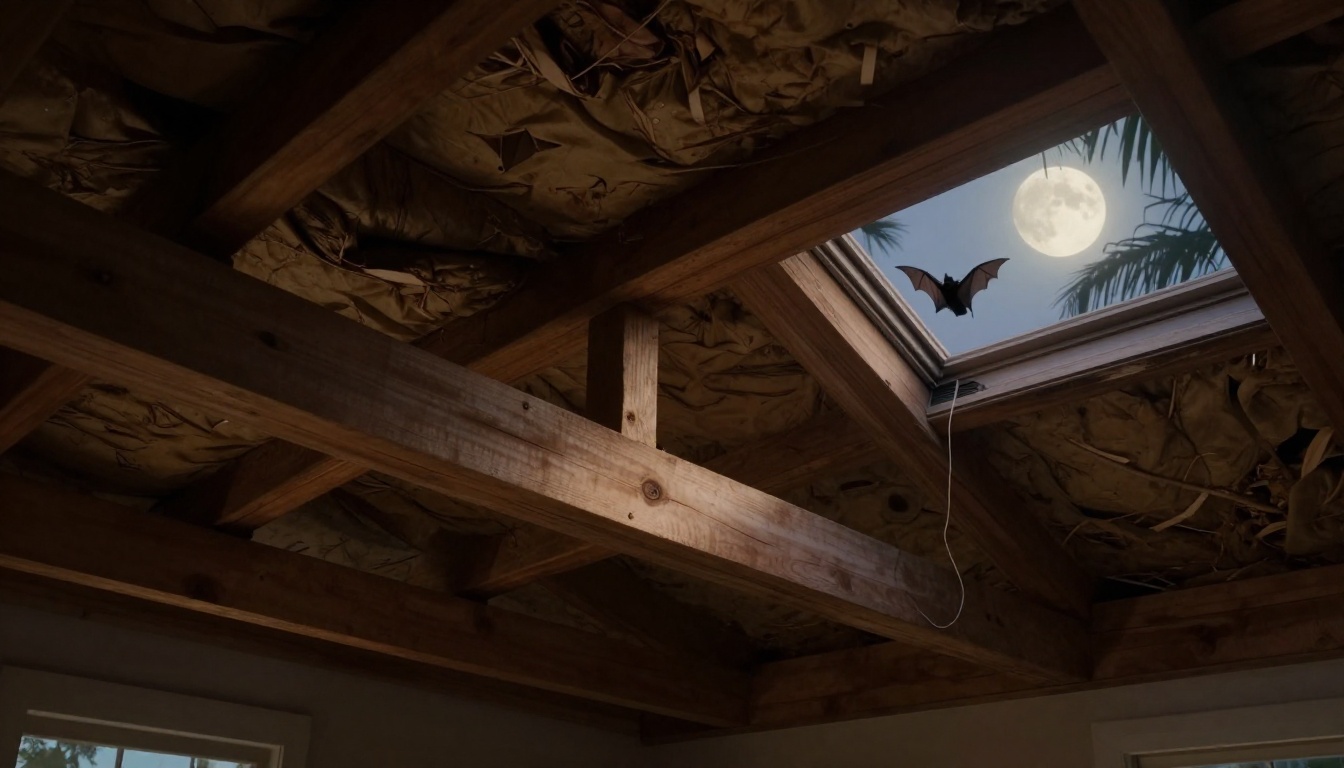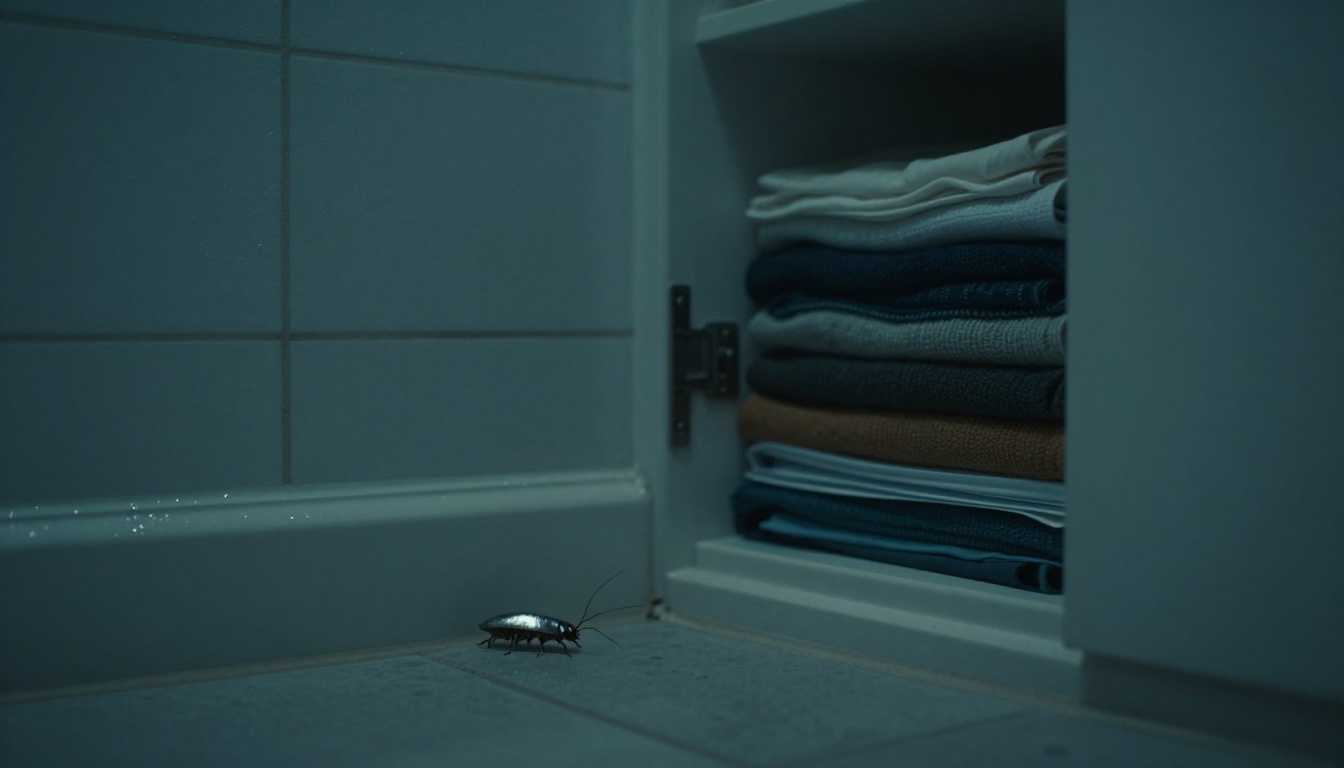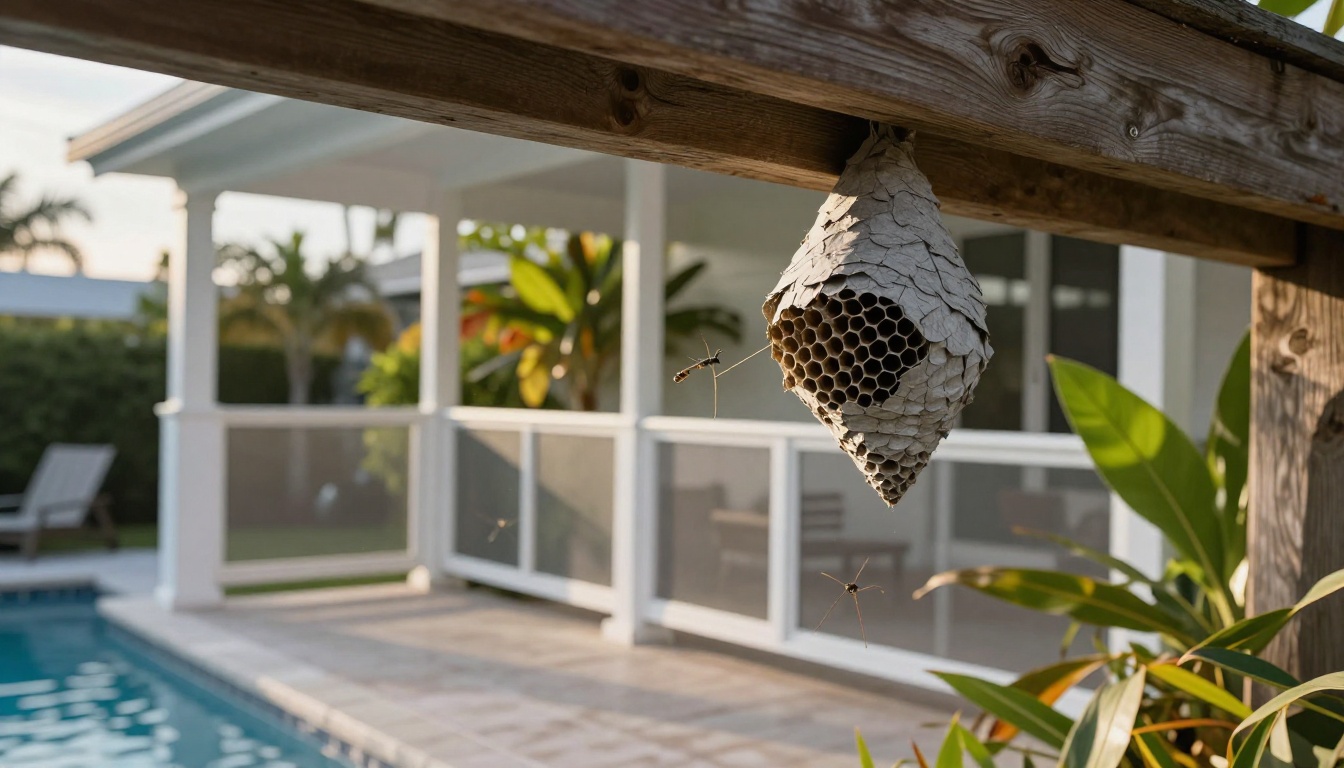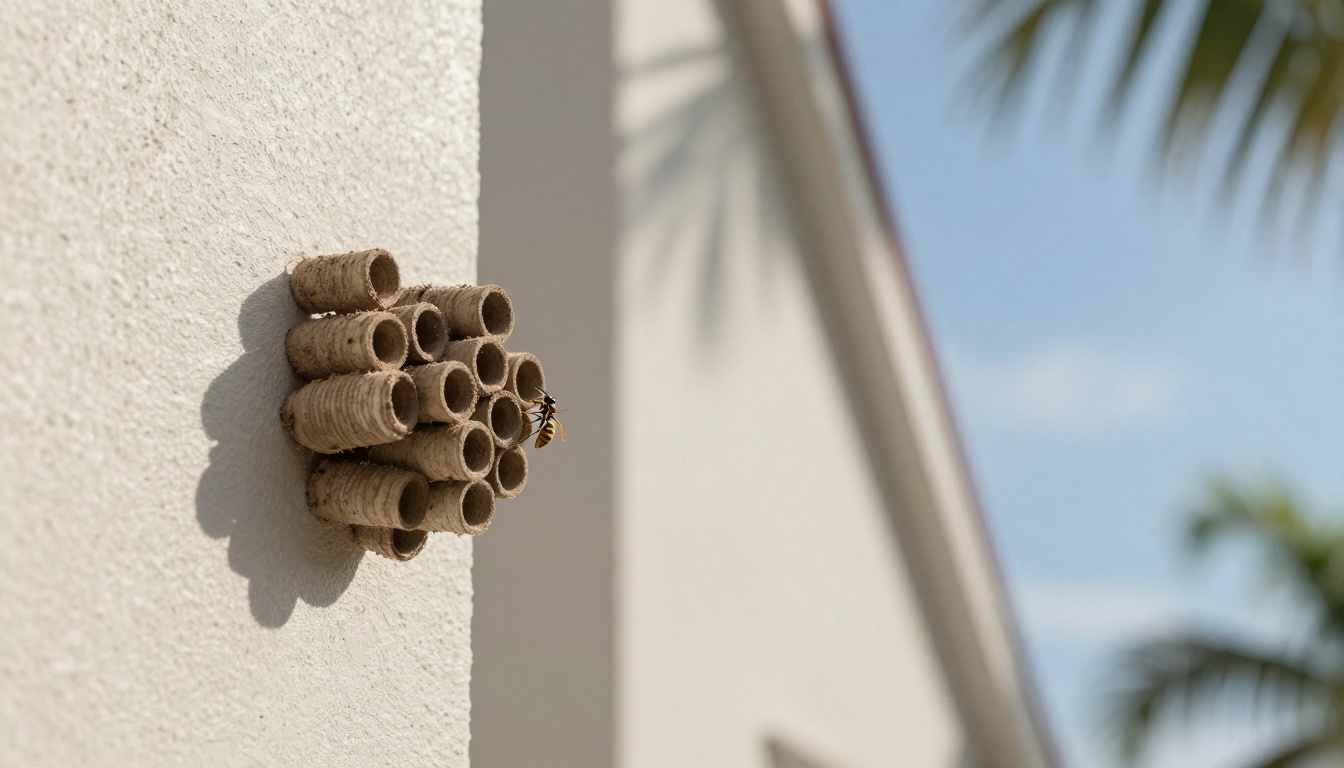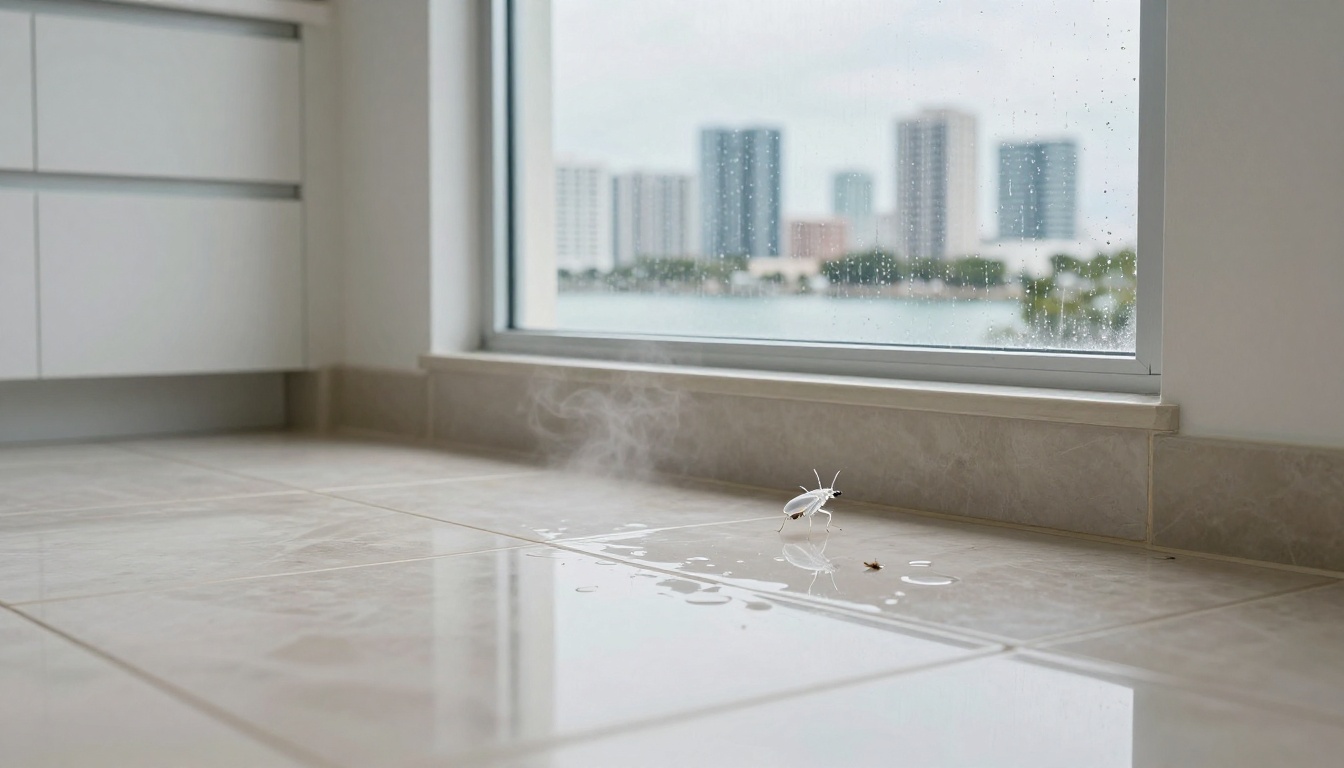Protecting Your Family from Mosquito-Borne Illnesses in Cape Coral
Protecting Your Family from Mosquito-Borne Illnesses in Cape Coral
Understanding Mosquito-Borne Diseases in Cape Coral
Cape Coral, like much of Florida, is home to several mosquito-borne illnesses that pose risks to residents. Among the most common are West Nile virus, St. Louis encephalitis, and Eastern equine encephalitis, all of which can cause severe health complications. More recently, cases of dengue fever and malaria have also been reported, raising concerns about these diseases gaining a foothold in the region. These illnesses are transmitted when infected mosquitoes bite humans, transferring pathogens into the bloodstream. The prevalence of these diseases in Lee County has been tracked through surveillance programs, showing seasonal spikes during warmer months.
Florida’s subtropical climate creates ideal conditions for mosquitoes, making areas like Cape Coral particularly vulnerable. Surveillance data from local health departments highlights recurring patterns, with certain neighborhoods experiencing higher infection rates due to environmental factors. Understanding the transmission cycle and recognizing the diseases present in the area is the first step toward protecting your family. With this knowledge, you can take proactive measures to minimize exposure and safeguard your loved ones.
Why Mosquitoes Thrive in Cape Coral
The warm and humid climate of Cape Coral makes it a haven for mosquitoes, allowing them to thrive year-round. Frequent rainfall, combined with abundant standing water from natural and man-made sources, provides countless breeding sites for these pests. Local geography, including canals and wetlands, further contributes to the problem by creating stagnant water pools where mosquitoes lay their eggs. During the rainy season, mosquito populations spike dramatically, leading to increased risks of disease transmission.
Seasonal patterns play a significant role in mosquito activity. Warmer temperatures accelerate mosquito breeding cycles, while even brief periods of rain can lead to new breeding grounds. This combination of factors means that Cape Coral residents must remain vigilant throughout the year but especially during peak mosquito seasons. By understanding why mosquitoes flourish here, families can better prepare with effective pest control strategies to combat their presence and reduce the associated health risks.
Recognizing the Symptoms of Common Mosquito-Borne Illnesses
Mosquito-borne illnesses often present with flu-like symptoms, such as fever, headache, body aches, and fatigue. However, some diseases, like Eastern equine encephalitis, can lead to severe neurological issues, including confusion, seizures, and even coma. West Nile virus and St. Louis encephalitis may cause milder symptoms in many cases but can escalate to life-threatening conditions in others. Recognizing these signs early is crucial for seeking timely medical care and preventing complications.
If you or a family member experience persistent symptoms after being bitten by mosquitoes, it’s important to consult a healthcare professional immediately. Early diagnosis not only improves treatment outcomes but also helps public health officials track and contain potential outbreaks. Being aware of these symptoms ensures that you can act quickly to protect your loved ones and contribute to community-wide efforts to curb the spread of these diseases.
Preventing Mosquito Bites: What Every Family Should Do
Preventing mosquito bites is one of the most effective ways to protect your family from mosquito-borne illnesses. Start by using EPA-approved insect repellents containing DEET, picaridin, or oil of lemon eucalyptus. Wearing long-sleeved shirts and pants, especially during peak mosquito hours at dawn and dusk, can provide an additional layer of protection. For added safety, consider using mosquito nets over beds or strollers, particularly for young children and infants.
Avoiding outdoor activities during times when mosquitoes are most active is another key strategy. By taking these preventive measures, you significantly reduce the chances of being bitten and contracting a disease. Remember, every bite avoided is a step toward keeping your family healthy and safe from potentially serious illnesses.
Mosquito Control Around Your Home and Yard
Eliminating mosquito breeding sites around your home is essential for reducing their population. Start by removing standing water from containers like flower pots, buckets, and old tires, as these are prime spots for mosquitoes to lay eggs. Regularly clean gutters and change the water in birdbaths at least once a week to prevent stagnation. If you have a swimming pool, ensure it is properly maintained and treated with chemicals to deter mosquitoes.
Structural barriers, such as window screens and door sweeps, can help keep mosquitoes out of your living spaces. Landscaping also plays a role; trimming overgrown vegetation and minimizing shaded areas can reduce mosquito habitats. Taking these steps not only protects your family but also contributes to broader community efforts to control mosquito populations. A well-maintained yard is a safer yard.
In addition to physical measures, consider using larvicides in areas where standing water cannot be eliminated, such as ponds or drainage ditches. These products target mosquito larvae before they mature into biting adults. Combining multiple strategies ensures comprehensive mosquito control , helping to create a safer environment for everyone in Cape Coral.
Community Efforts and Local Mosquito Control Initiatives
Local mosquito control programs in Lee County are vital for reducing disease risks across Cape Coral. These initiatives include larval monitoring to identify breeding hotspots and adulticide applications to target adult mosquito populations. Scheduled spraying operations are conducted during peak seasons to minimize the spread of diseases. Residents can stay informed about these efforts by checking updates from the Lee County Mosquito Control District.
Families can support these programs by reporting mosquito problems and participating in community clean-up events. Public cooperation amplifies the effectiveness of mosquito control measures, ensuring a safer environment for everyone. By engaging with these initiatives, you play a direct role in protecting your community from the dangers of mosquito-borne illnesses. For professional assistance, consider our residential pest control services in Cape Coral.
Protecting Pets and Wildlife in Cape Coral
Mosquitoes don’t just pose risks to humans—they can transmit diseases to pets and wildlife too. Heartworm, a potentially fatal condition in dogs, is spread by mosquitoes and requires consistent veterinary preventatives to avoid infection. Cats and other animals may also be vulnerable to mosquito-borne illnesses, making it essential to consult your veterinarian about appropriate protections.
Local wildlife, including birds and small mammals, can serve as reservoirs for diseases like West Nile virus. Protecting pets involves not only medical preventatives but also reducing mosquito habitats around your property. By taking these steps, you contribute to the overall health of both domestic and wild animal populations in Cape Coral.
What To Do If You Suspect a Mosquito-Borne Illness
If you suspect a mosquito-borne illness, the first step is to monitor symptoms closely. Mild cases may resolve on their own, but severe symptoms, such as high fever, confusion, or difficulty breathing, require immediate medical attention. Contact your healthcare provider and describe your symptoms, recent mosquito exposure, and any travel history to assist with diagnosis.
Reporting suspected cases to local health authorities is also important, as it helps track outbreaks and implement targeted interventions. Early diagnosis and treatment not only improve individual outcomes but also strengthen public health responses. Acting swiftly ensures the best possible care for you and your family while aiding broader disease prevention efforts.
Mosquito-Borne Disease Surveillance and Public Health Alerts
Cape Coral monitors mosquito-borne diseases through sentinel animal programs and public reporting systems. Chickens, for example, are used as indicator species to detect the presence of viruses like West Nile and St. Louis encephalitis. Residents are encouraged to report unusual mosquito activity or dead birds, which may signal disease transmission in the area.
Staying informed through county and state health department advisories is crucial for staying ahead of potential outbreaks. Subscribing to alerts ensures you receive timely updates about mosquito activity and recommended precautions. By leveraging these resources, you can make informed decisions to protect your family and contribute to community-wide vigilance.
Travel Precautions and Concerns for Visitors to Cape Coral
Travelers and seasonal residents should take extra precautions against mosquitoes in Cape Coral. Use EPA-approved repellents, wear protective clothing, and stay indoors during peak mosquito hours. Recent advisories highlight specific risks, so check local health updates before arriving. Travelers can inadvertently contribute to outbreaks if bitten by infected mosquitoes, underscoring the importance of vigilance, especially for those in short-term rentals who may benefit from vacation rental pest control.
Debunking Common Myths about Mosquitoes and Disease
Misconceptions about mosquitoes and disease abound, but science provides clarity. For instance, malaria cannot be transmitted person-to-person; it requires a mosquito vector. Similarly, repellents do not “attract” mosquitoes—they repel them effectively when used correctly. Understanding these facts empowers residents to make informed choices about prevention.
New Trends and Innovations in Mosquito Prevention
Recent advancements in mosquito control include genetic modification to reduce populations and the use of natural predators like dragonflies. Eco-friendly solutions, such as plant-based repellents and biodegradable larvicides, offer sustainable alternatives. These innovations hold promise for safer, more effective mosquito management in Cape Coral.
Frequently Asked Questions (FAQ)
1. When is mosquito season worst in Cape Coral?
Mosquito season peaks during the warmer, rainier months from May through October. Increased rainfall and humidity create ideal breeding conditions, leading to higher mosquito populations. A homeowner's guide to mosquito control can help you prepare.
2. What types of mosquitoes are most dangerous in Cape Coral?
The Aedes aegypti and Culex species are particularly dangerous, as they carry diseases like dengue, Zika, and West Nile virus. These mosquitoes are common in urban and suburban areas.
3. Are mosquito repellents safe for children and pets?
EPA-approved repellents are generally safe when used according to instructions. For children, opt for products with lower concentrations of active ingredients and avoid applying near eyes or mouths. Consult your veterinarian for pet-safe options and a professional for pet-friendly pest control services.
4. How can I tell if a mosquito-borne illness is spreading locally?
Check local health department websites and news outlets for updates on disease outbreaks and mosquito activity. Public advisories provide critical information to stay informed and prepared. You can also find more tips on our blog.
5. What should I do if my pet is bitten by mosquitoes?
Monitor your pet for signs of discomfort or illness and consult your veterinarian promptly. Ensure your pet is on a heartworm preventative regimen to protect against mosquito-transmitted diseases.
Conclusion
Protecting your family from mosquito-borne illnesses in Cape Coral requires a combination of personal responsibility and community engagement. By implementing home and yard measures, such as eliminating standing water and using repellents, you create a safer environment for your loved ones. Staying informed through public health alerts ensures you’re prepared to respond to emerging threats.
Work with neighbors and participate in local mosquito control initiatives to amplify your impact. Assess your property for potential breeding sites, subscribe to health advisories, and advocate for community-wide vigilance with professional residential pest control in Cape Coral. Together, we can minimize risks and keep Cape Coral families healthier year-round. If you need help, don't hesitate to contact us.
Schedule a Free Inspection:
